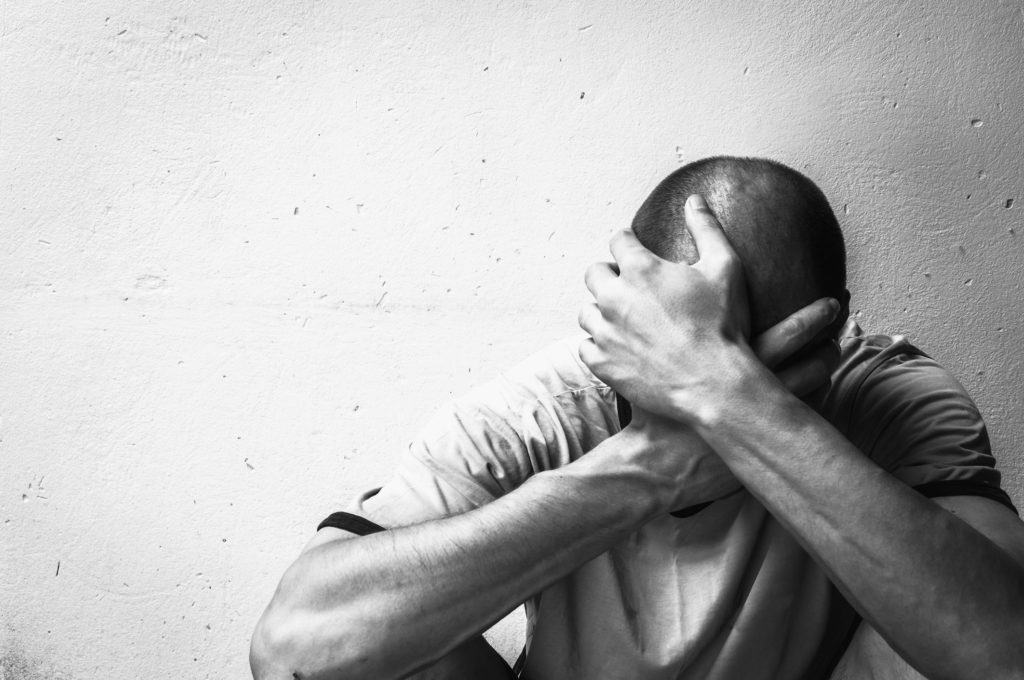Families and Addiction
Janet Fluker, M.Ed., M.S.

What happens to a family when addiction enters the picture? Research and experience show us that predictable symptoms evolve in a family over time in response to the addicted individual. What begins as a loving effort to help a family member in trouble becomes a set of behaviors that negatively impact the entire family. This set of behaviors is often called co-dependency or co-addiction because it is a response to a loved one’s dependency or addiction to drugs or drinking. The following are symptoms you may be experiencing if your loved one is an addict:
- Preoccupation – You have difficulty focusing on other things without intrusive thoughts about the addicted person and their behaviors.
- Increased Tolerance – You become willing to accept inappropriate and hurtful behavior and have lowered your expectations of the addicted person.
- Loss of Control – You are no longer able to predict your own behavior – for instance, losing your temper more often than before.
- Denial – You rationalize and minimize the reality of the problem – pretending things are different than they really are or not as bad as they really are.
- Compulsive behavior – You may begin overeating, overspending, or cleaning compulsively.
- Medical problems – You may begin experiencing stress-related health problems ranging from headaches, stomach or digestive problems, hives, back problems, depression, and/or anxiety.
- Enabling – You do things for the addict that you haven’t been asked to do, that you don’t want to do, or because you feel sorry for them. These are things they could have done for themselves.
- Rescuing – You save the addict from the natural consequences of their behavior by doing things such as bailing them out of jail quickly or paying off debts so their credit is not affected.
- Controlling – You try to use emotions or threats to dictate what the addict does; for example using guilt to get them to stop using or threatening to leave.
If you are experiencing any of these symptoms, then you are not alone. Many families struggling with addiction have had similar symptoms and received the help they needed to overcome them. Family members can learn how to focus on themselves, set good boundaries, and heal from the impact of addiction.



